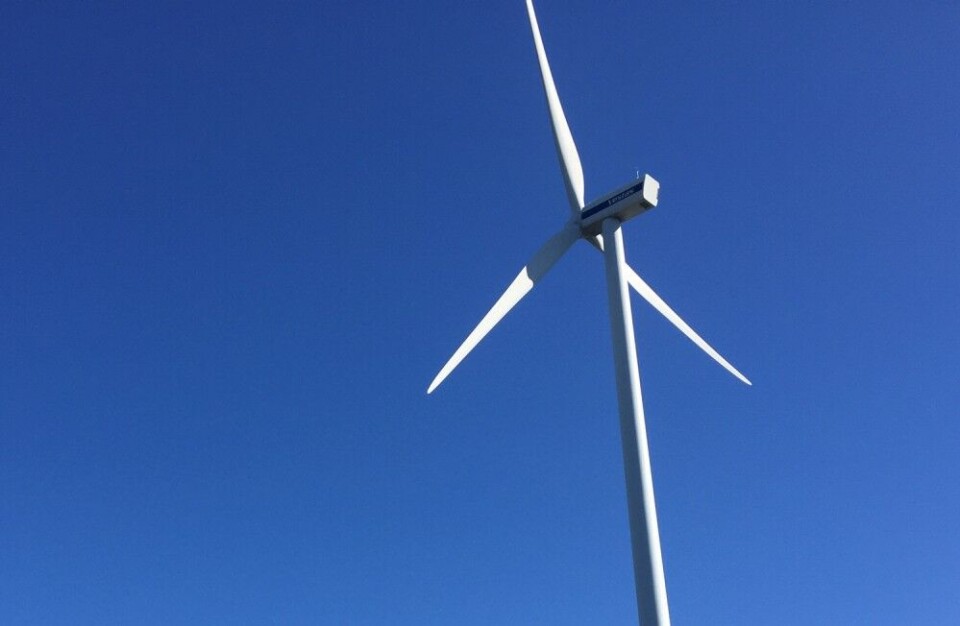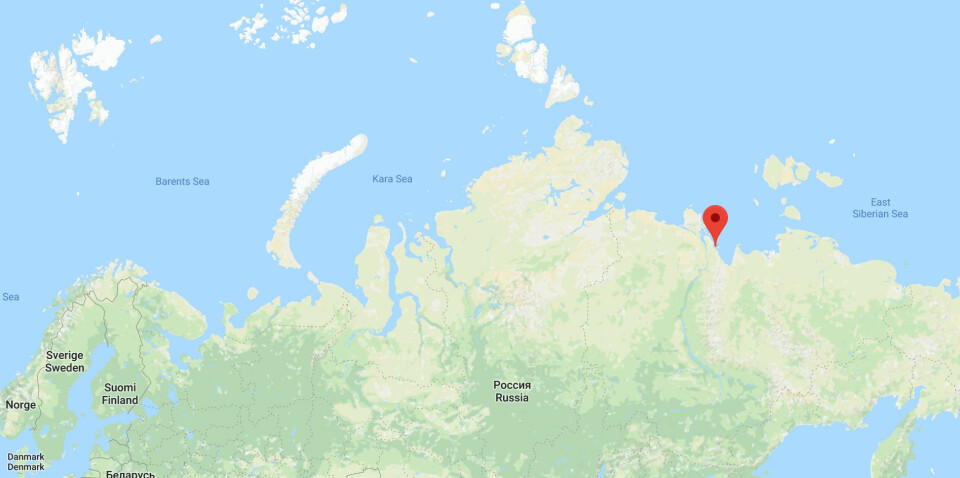
Japanese investors sign deal on wind farm in Tiksi
The remote Russian settlement will strengthen its energy security as Japanese company NEDO is ready to invest in local wind power.
p.p1 {margin: 0.0px 0.0px 10.0px 0.0px; line-height: 16.0px; font: 14.0px Arial; color: #515157; -webkit-text-stroke: #515157; background-color: #ffffff}p.p2 {margin: 0.0px 0.0px 10.0px 0.0px; line-height: 16.0px; font: 14.0px Arial; color: #515157; -webkit-text-stroke: #515157; background-color: #ffffff; min-height: 16.0px}span.s1 {font-kerning: none}
It is one of the most windy regions on earth and the remote local settlements are in dire need of modernized energy supplies.

Currently, local power supply is based on aging diesel generators and expensive fuel deliveries from the south.
Now, the 4,500 people of Tiksi might have reason to hope for a new era in energy supplies. The small town located near the Lena river delta on the Laptev Sea coast is due to get small-scale 3,9 MWh wind and diesel plant.
A memorandum of cooperation was late February signed by NEDO, a Japanese public research and development management organization, the regional government of Yakutia and Russian energy holding RusHydro.
The agreement includes the building of a so-called Polar Microgrid System, a independent energy infrastructure demonstration project, NEDO informs. It combines existing generating facilities with wind turbine generators and a control and coordination system of renewable energies using diesel generators and storage batteries.
According to the Japanese company, the project is expected to reduce the consumption of diesel fuel by about 16 percent per year.
It will be NEDO that provides the equipment and technology, while RusHydro does the construction and logistics, a press release from the Russian company reads.
The wind turbines and power lines are to be completed by the end of 2018, while the new diesel generators and storage batteries are to stand ready by late 2019.
«The development of this project in Tiksi gives RusHydro experiences in construction and exploitation of wind-diesel complexes in Arctic conditions and opens the way for establishment of similar objects in other isolated areas […], General Director Nikolay Shulginov says in a press release.
















